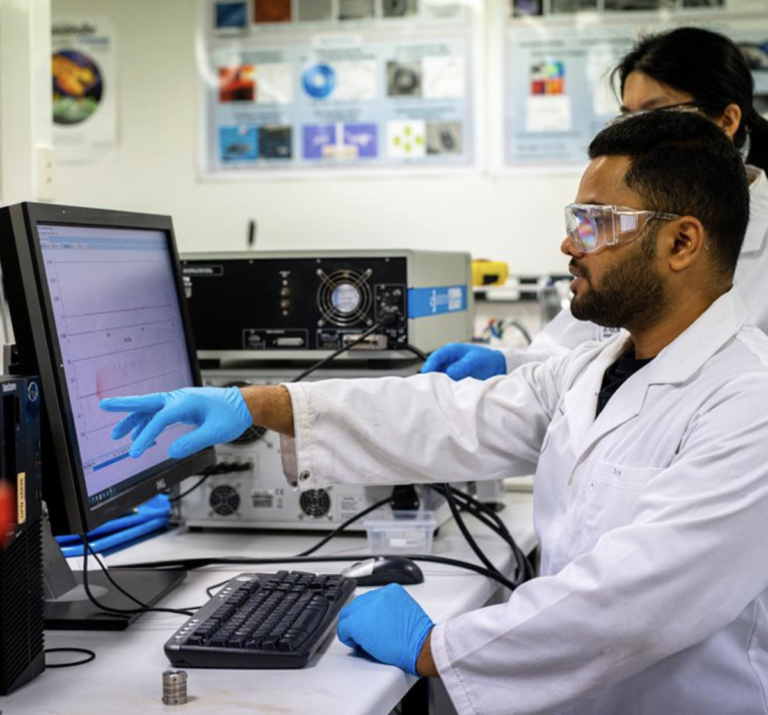Australian battery technology company Li-S Energy has announced a major improvement in the performance of its lithium-sulfur battery technology, with the latest version achieving an energy density of almost 500 Wh per kg.
Australia’s Li-S Energy said it has manufactured full-size 10 Ah semi-solid state cells that deliver an energy density of 498 Wh/kg at initial discharge and 456 Wh/kg after formation cycles, with the cells continuously cycling to stay. testing.
The Brisbane-based company said the cells that deliver these feats incorporate the cell chemistry of the third-generation semi-solid state lithium-sulfur batteries, which was the first to be used announced in April 2023. It then claimed that its GEN3 Li-S battery cell technology has significantly more than twice the gravimetric energy density and improved volumetric energy density compared to lithium-ion cells.
Li-S Energy Chief Technical Officer Steve Rowlands said the latest results substantially improve on initial findings and represent a major breakthrough for lithium-sulfur cell chemistry and position the company at the global forefront of lithium-sulfur performance.
“Many battery R&D institutions and start-ups test the performance of button cells or very small pouch cells and publish the results of the energy density from the first discharge of the cell, which is always significantly higher than the practical performance in the field,” said he. “At Li-S we have taken a much more pragmatic and commercial approach, testing full-size 10 Ah and 20 Ah pouch cells produced on our automated production line and reporting performance after formation cycles, providing a truer picture of the actual cell performance upon delivery. to a customer.”
Li-S Energy said the increased energy density of nearly 500 Wh/kg of its battery technology brings the company even closer to commercializing its technology as it targets the “fast-growing” markets of drones, defense and electric aviation, where weight is crucial.
The company is already working with Queensland-based drone developer V-TOL Aerospace and New South Wales solar cell manufacturer Halocell energy Unpleasant develop drones using its lithium-sulfur batteries.
Li-S Energy CEO Lee Finniear said the higher energy density means an even lighter battery, further improving potential range, charging power and uptime for partner products.
“This is a major breakthrough for the emerging lithium-sulfur battery industry,” he said. “Our partners in the aerospace, drone and defense industries have made it clear that they need the highest possible energy density for their applications, plus reliable, high-quality cell production and the ability to scale as demand grows.”
Finniear said Li-S Energy would now look to improve cell reliability, production accuracy and throughput capacity at 2 MWh production facility in Victoria, while also working with current partners on the battery management system and battery pack design. He said he expects to attract more partners in the coming months, with the latest results in cell performance expected to generate significant global interest and opportunities.
This content is copyrighted and may not be reused. If you would like to collaborate with us and reuse some of our content, please contact: editors@pv-magazine.com.


